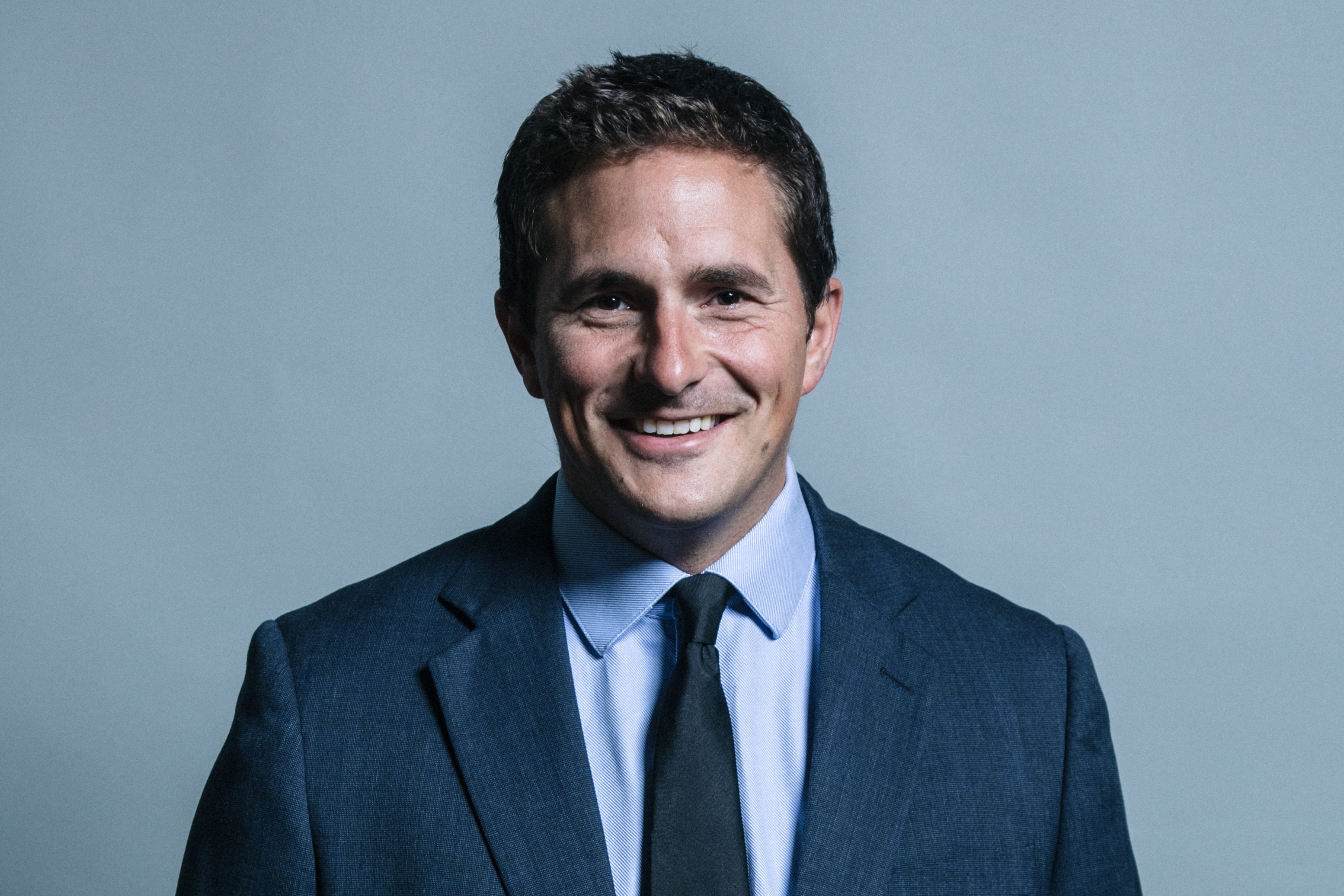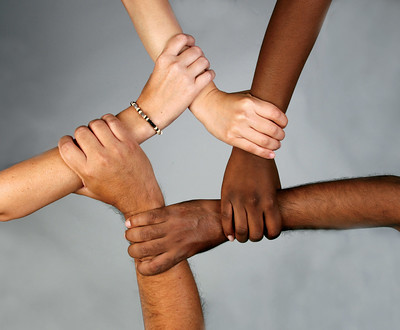Mark Seymour, development and activities lead at The Gap, Wales discusses the need for investment in those organisations that have already built relationships and connections within local communities
______________________________________________________________
One of the few positives to come out of the pandemic is a shift of power, a recognition of the power, reach and influence of the chaotic patchwork quilt of small community organisations which hold our communities together through relationships., whether that be the local rugby club, brownies, place of worship or community organisation. Human beings are social beings and need relationships. Why then are so many of our charity projects very corporate and transactional in their nature, when people thrive best on relationship and connection?
In Newport, my city, we have seen a network of relationships grow across different community organisations following the pandemic. Newport is not an affluent place, evolving from an ex-steel works and docks town into a different future. These small community organisations know everybody, are trusted and spend time investing in and building relationships in our communities. These projects can be geographical, but also can be based around circumstance or ethnicity or religion. In my project, an asylum seeker and refugee drop-in and support project, we don’t use the name service user or client. We use project participants – someone who has chosen to take part in our journey and share who they are with our community. This is best summed up with the phrase Participate- Contribute-Belong. It's all about belonging to a community. Our partners at Newport Live’s Positive Futures programme, funded by Levelling the Playing Field, call this ‘Safe Faces in Safe Spaces’. Without this, any community engagement work will not succeed.
And this is where it gets controversial. Our charity and staff have spent 17 years investing in and building trusted relationships in our refugee communities of Newport. You can’t meaningfully address social exclusion through just a three-year funded programme. Social bonds and relationships develop over time and through reputation. It takes years to build those relationships. All our referrals come from word of mouth, people in the street, shopkeepers and in the cafes. But as a very small local charity with a turnover of about £110k annually, we struggle to compete with larger ‘small’ charities for funding, as we need to manage our income flows carefully so as to be sustainable and be able to manage those finances appropriately. We have begun to talk with our other community organisations across the city about collaborating rather than competing. The community organisation best suited to engage with a community in our city should be supported by others to access funding. We need to work together to best utilise our strengths. Not some random outside charity with little understanding of the complexities of relationships that exist within our unique local communities.
Our community organisations try to mirror that relational approach. The pandemic has connected us and we have got to know each other as we have grappled with the best way to make sure that everyone in our city’s communities is ok. We have put self-interest and the business model of increasing revenue aside to see our city’s people flourish. We respect and value the role which each of our different organisations bring to our city’s people. We should be supporting, encouraging each other, and cheering each other on, not competing.
We always struggle to answer the question about how many people access our services, or how many volunteers we have. Some people come every day to hang out. Others come once a year for specific support. Some we do in-depth advocacy work with. Others help us gardening, fixing bikes, cutting hair, cooking or translating. Are they service users or volunteers? the answer is both.
As a small refugee charity, we run an allotment. We have partnered with a local Housing Association to clear overgrown areas and replant them with herbs, flowers and vegetables. Our impact is small, but joined up with lots of other similar different organisations taking responsibility for the neglected and forgotten areas in our city, we are seeing it slowly change. Lots of micro projects across lots of different community organisations is what is needed.
We do need the Anchor organisations – our local Council, the Police, Housing Associations and others like them. They have money and power. But our community organisations have the influence and reach because of their relationships built over years in communities. If we are to see our communities truly flourish in the post-pandemic era, we need to see some of that money and power by our Anchor organisations released to our local community organisations. They care passionately about people and will spend it wisely, carefully and will maximise its impact. We're just beginning on that journey in Newport. The pandemic has accelerated our progress. I hope that your city is on that journey too.
Latest News
-
Tributes paid to 'tenacious campaigner' who co-founded Terrence Higgins Trust
-
Man who set up fake animal charity jailed for five years
-
X-odus sparks video content boom among charities, report finds
-
Charity handed £25m endowment from autistic philanthropist to help others on the spectrum
-
Civil Society Covenant blighted by delays and U-turns, report warns
-
More than 30 jobs at risk as hospice charity looks to close home care service
Charity Times video Q&A: In conversation with Hilda Hayo, CEO of Dementia UK
Charity Times editor, Lauren Weymouth, is joined by Dementia UK CEO, Hilda Hayo to discuss why the charity receives such high workplace satisfaction results, what a positive working culture looks like and the importance of lived experience among staff. The pair talk about challenges facing the charity, the impact felt by the pandemic and how it's striving to overcome obstacles and continue to be a highly impactful organisation for anybody affected by dementia.
Charity Times Awards 2023
Mitigating risk and reducing claims

The cost-of-living crisis is impacting charities in a number of ways, including the risks they take. Endsleigh Insurance’s* senior risk management consultant Scott Crichton joins Charity Times to discuss the ramifications of prioritising certain types of risk over others, the financial implications risk can have if not managed properly, and tips for charities to help manage those risks.
* Coming soon… Howden, the new name for Endsleigh.
* Coming soon… Howden, the new name for Endsleigh.
Better Society

© 2021 Perspective Publishing Privacy & Cookies














Recent Stories